Tensions: U.S. fuels conflicts to revive its influence, expert says
The recent provocative speech by United States Defense Secretary Pete Hegseth has been widely criticized as an attempt to escalate tensions in the Asia-Pacific region and to provide a pretext for increased U.S. expansionism, according to experts.
In his address at the Shangri-La Dialogue in Singapore on Saturday, Hegseth repeatedly played up the "China threat" rhetoric, making pointed remarks about China's Taiwan region and the South China Sea, among other topics.
Hegseth also called on Washington's Asian allies to significantly increase their defense spending, suggesting that Asian nations should look to European NATO members' commitments to allocate 5 percent of their GDP to defense as an example.
In addition, Hegseth announced plans to expand the U.S.' military presence and cooperation in the Asia-Pacific region, including joint exercises and infrastructure projects in Australia, aimed at enhancing regional deterrence capabilities.
He also addressed concerns about long-term U.S. engagement, emphasizing that under the administration of President Donald Trump, the U.S. remains firmly committed to maintaining a strong and enduring presence in the region.
In response to Hegseth's remarks, the Chinese Foreign Ministry said in a statement on Sunday that Hegseth deliberately ignored the call for peace and development by countries in the region, and instead touted a Cold War mentality for bloc confrontation, vilified China with defamatory allegations, and falsely called China a "threat".
"The remarks were filled with provocations and intended to sow division. China deplores and firmly opposes them and has protested strongly to the U.S.," it said.
Daryl Guppy, an international financial technical analyst and a former national board member of the Australia China Business Council, said, "Hegseth's remarks leave little room for ambiguity — the U.S. appears intent on provoking China, potentially seeking a response that could be used as an excuse for escalation."
The inflammatory narrative appears to be aimed at laying the groundwork for the U.S. to escalate the current situation, and Hegseth's remarks also reveal a limited understanding of the region's historical and cultural connections with China, Guppy said.
"Since 1776, the United States has been at war for roughly 225 of its 240-plus years, whether through direct conquest, military intervention in foreign conflicts, or covert actions aimed at regime change," he added. "This long-standing reliance on state-sponsored violence underscores the enduring role of militarism in America's global posture."
Shakeel Ahmad Ramay, CEO of the Asian Institute of Eco-civilization Research and Development in Pakistan, said that Hegseth's remarks suggest a broader inability of the U.S. to revitalize its own economy or develop a constructive strategy to respond to China's development.
"The U.S. is faced with mounting challenges in revitalizing its own economy and effectively competing with China's rise, and it seems to be leaning once again on military posturing and conflict-driven strategies, rather than pursuing constructive solutions or cooperation," he said.
Ramay said that Hegseth's call for U.S. allies in Asia to increase defense spending is part of the Trump administration's broader strategy to identify new revenue sources to address the country's growing deficit.
"The military-industrial complex in the U.S. is facing declining dominance and market share within the global defense sector. In response, it appears to be fueling conflicts and tensions as a means of reviving its influence and driving demand for U.S.-made weaponry," he said.
"While the U.S. profits, its allies bear the economic burden. Countries in the Asia-Pacific region should take heed of this pattern and carefully consider the consequences before committing to large-scale weapons purchases," he added.
Ramay criticized U.S. defense initiatives, such as the transformation of U.S. Forces Japan into a joint force headquarters, arguing that the initiatives risk undermining existing regional security architectures and nurturing U.S. expansionism.
This shows that the U.S. and its allies are preparing for a further escalation of confrontation, he said. "They are pooling their resources to strike against the interests of China, which will increase tensions in this region."
Guppy, the international financial technical analyst, said that "given the scope of U.S. military exercises in the Asia-Pacific, the U.S. can no longer pretend that these are merely benign maneuvers".
"Other countries in the region must also now acknowledge that these actions have strategic implications and contribute to an increasingly tense security environment," he added.








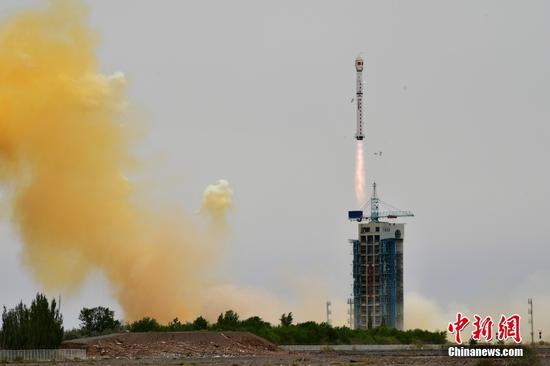
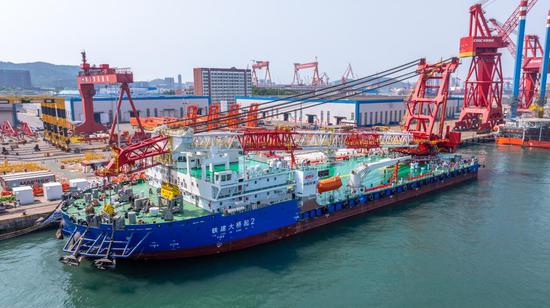

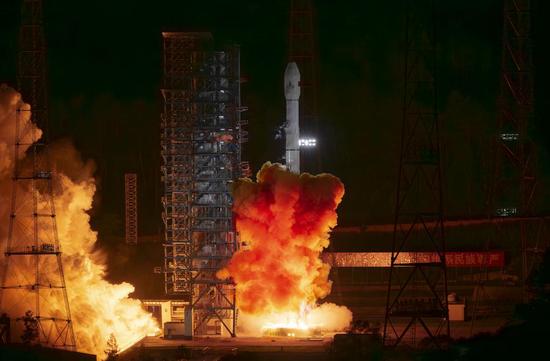
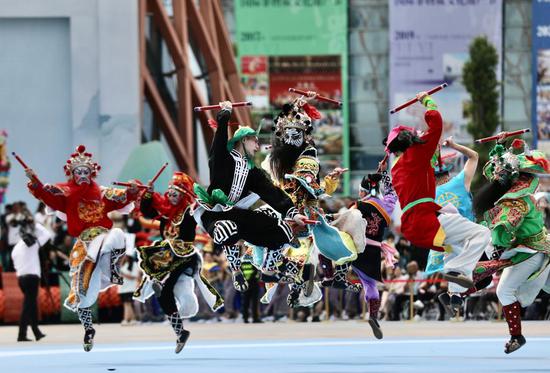
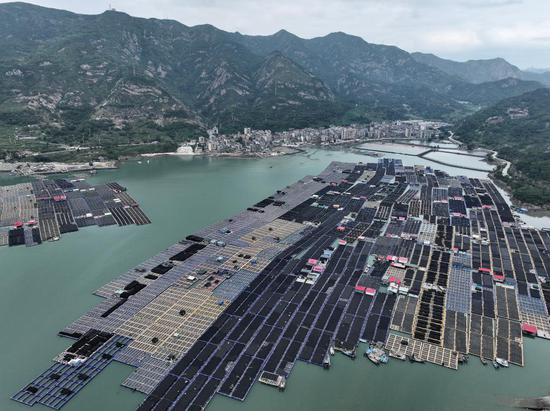

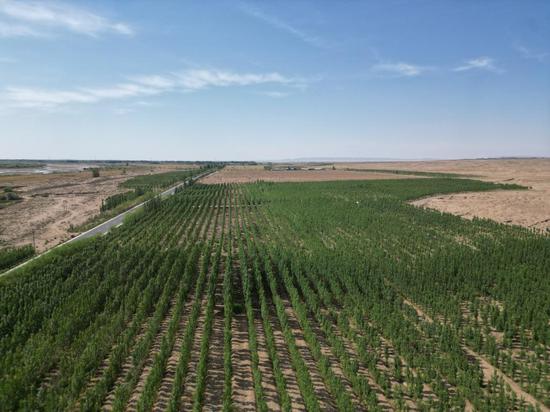
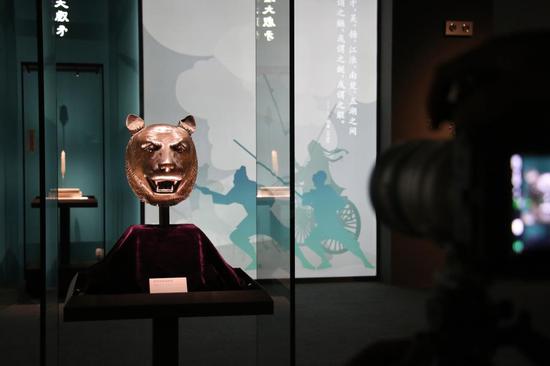


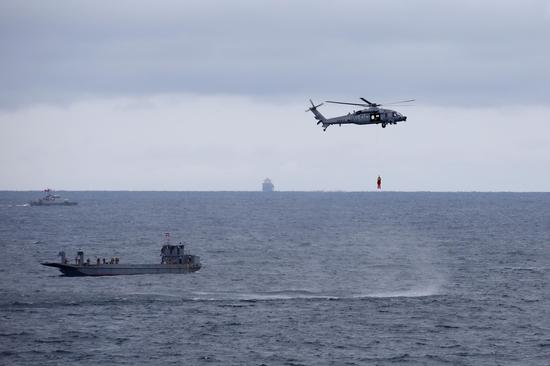

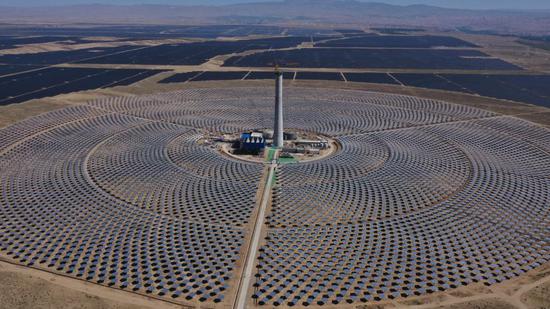

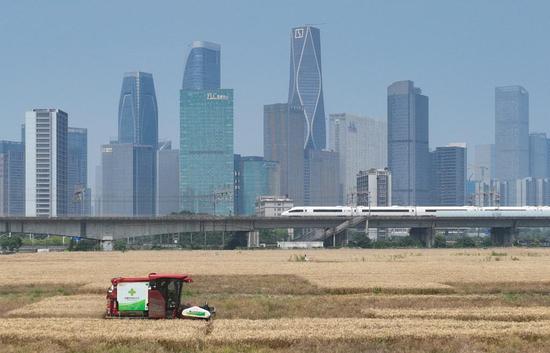
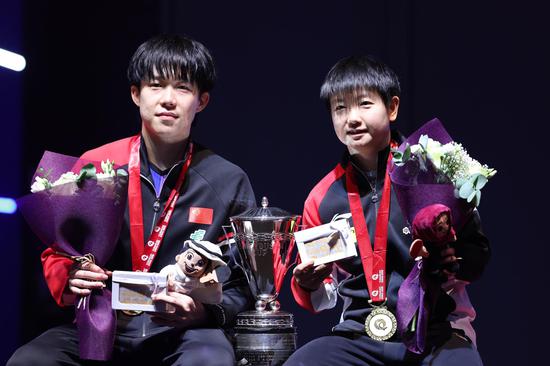








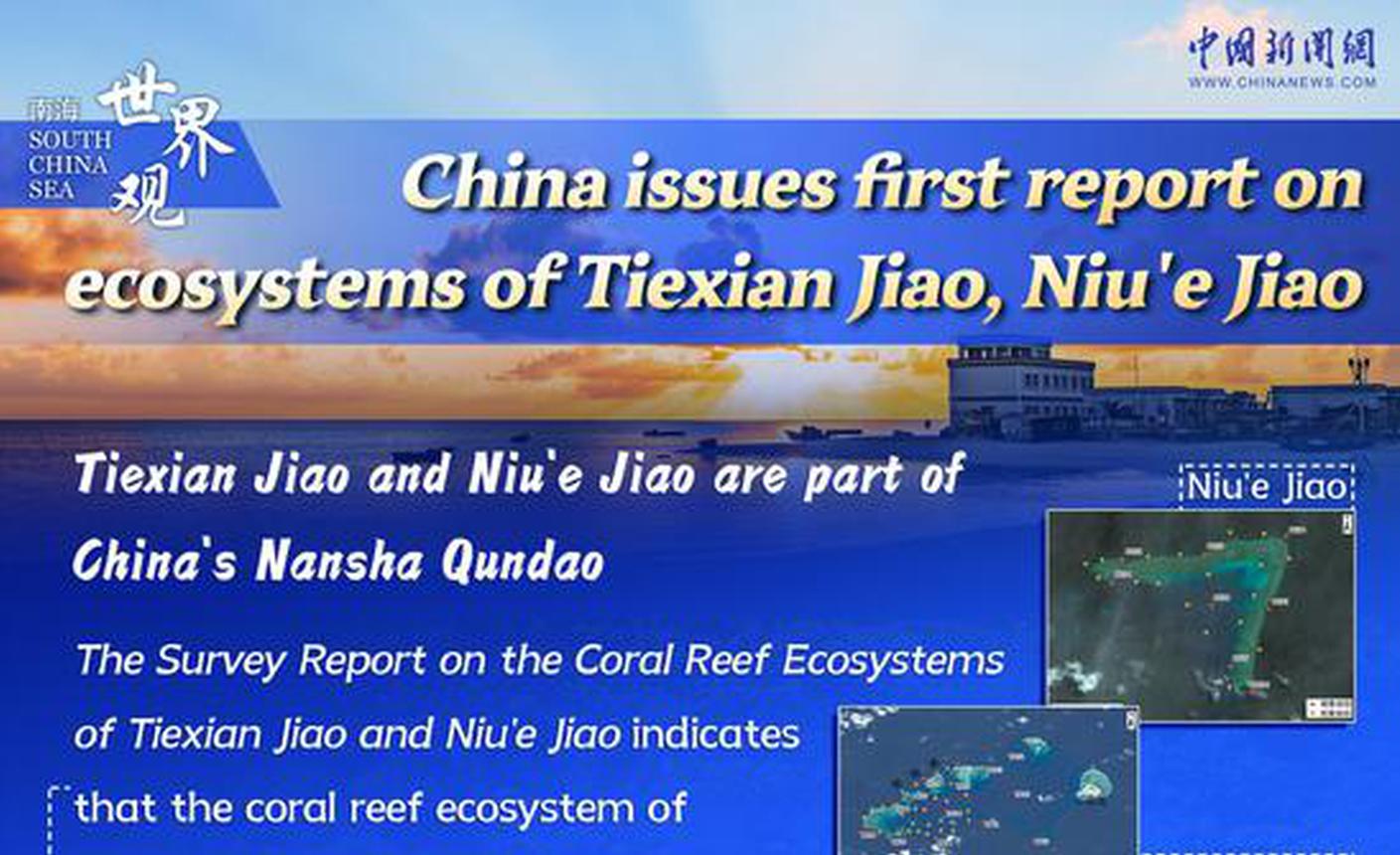
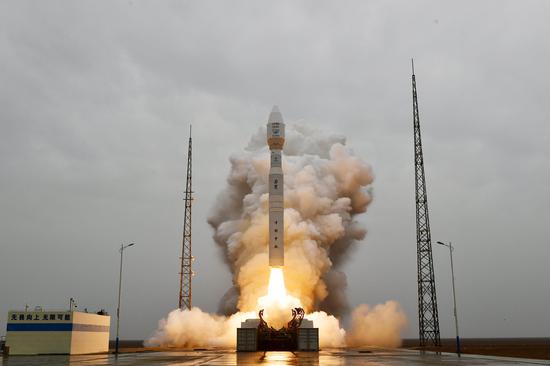
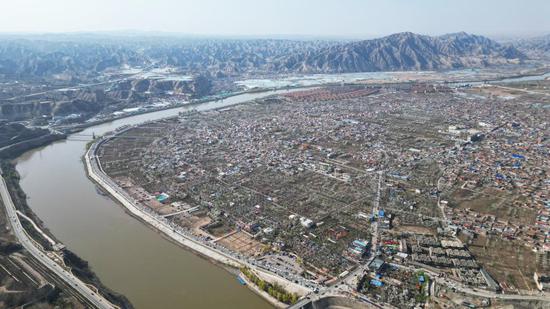


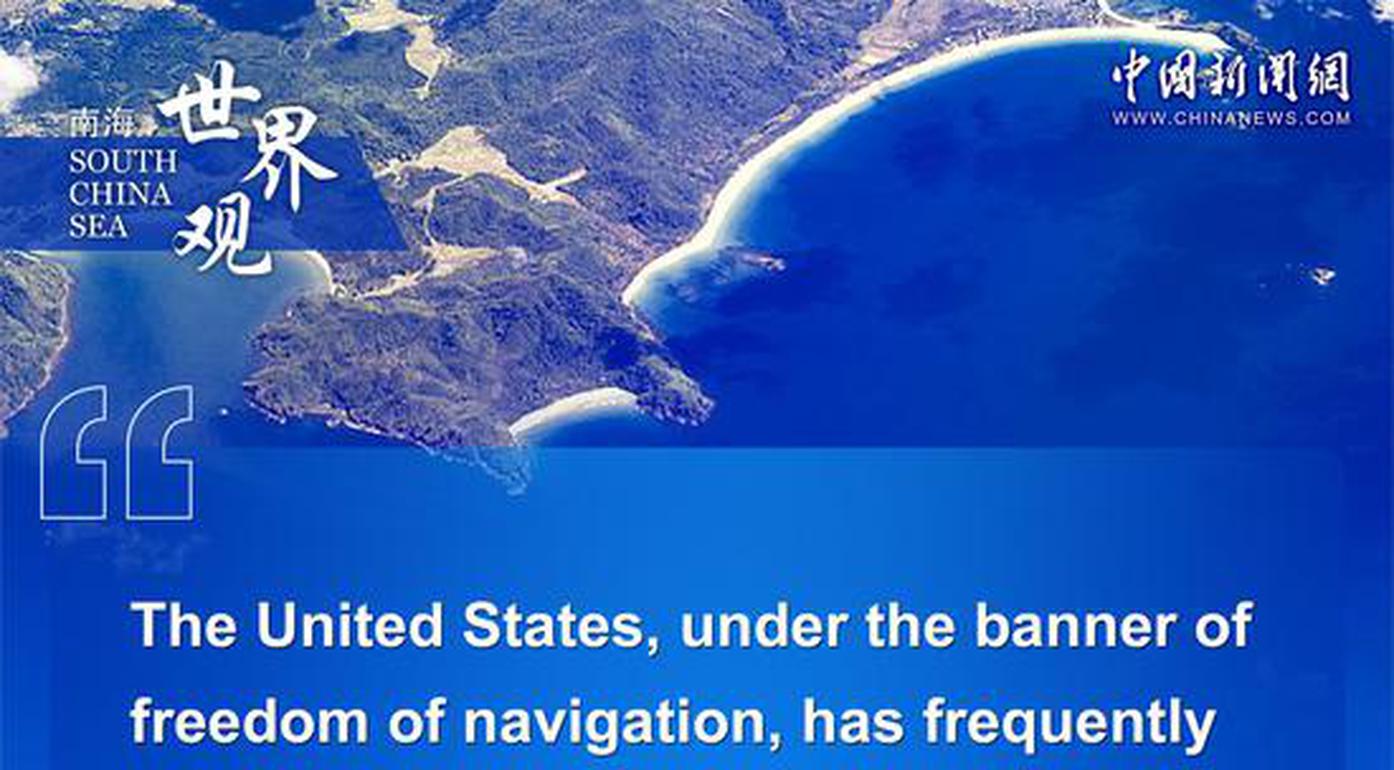











 京公網安備 11010202009201號
京公網安備 11010202009201號